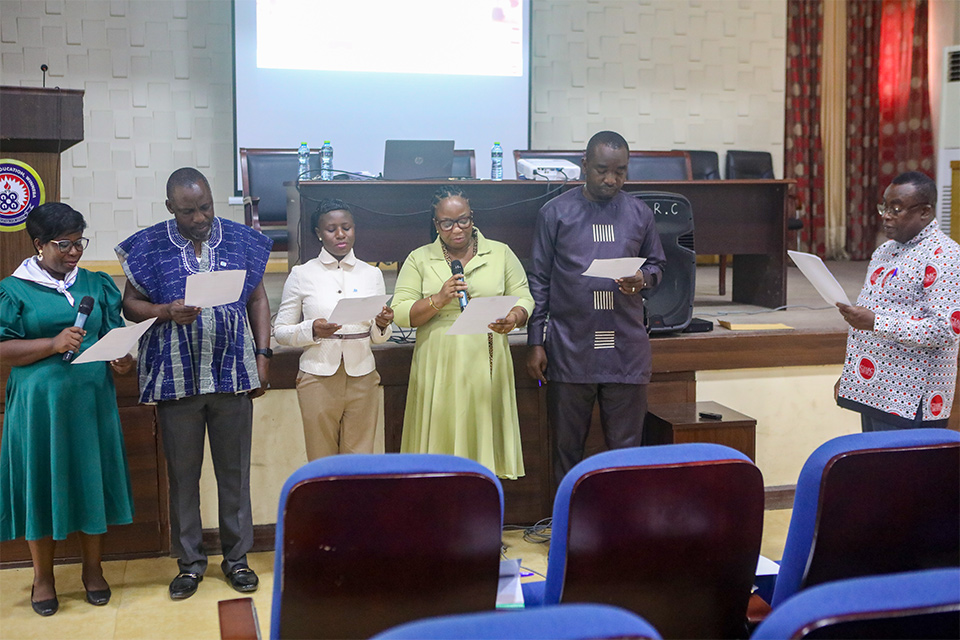UEW-CIAMC Facilitates Dialogue on Transition Management in Ghana
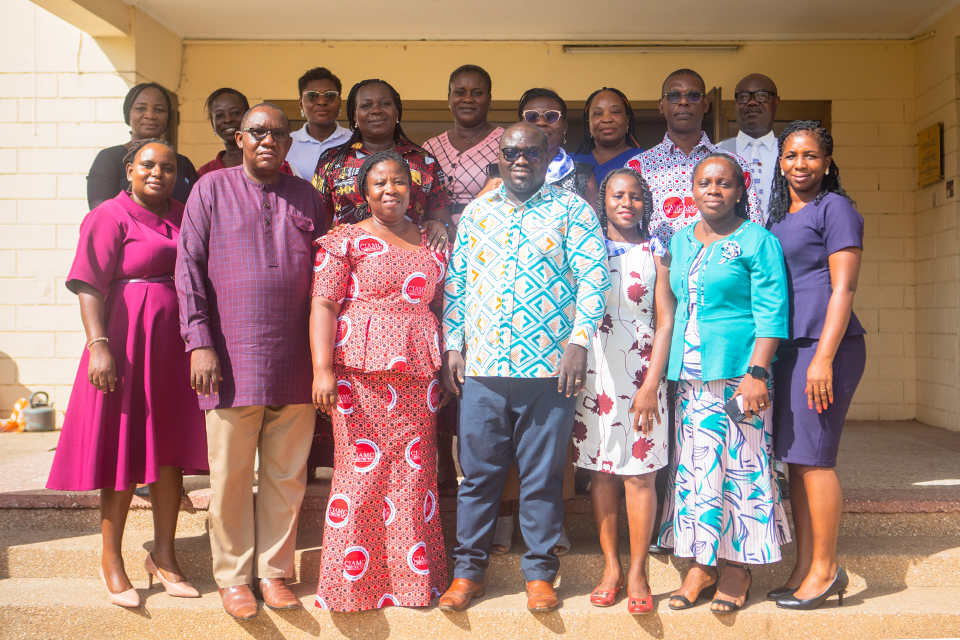
The University of Education, Winneba (UEW) Branch of the Chartered Institute of Administrators and Management Consultants (CIAMC), has organised a high-impact Continuous Professional Development (CPD) programme on the theme “Transition Management in Political and Corporate Environment in Ghana: The History, Gains, Challenges and Future Prospects.”
The event brought together scholars, professional administrators and policy thinkers to examine how Ghana’s political and corporate transitions have shaped the nation’s trajectory—and what lies ahead.
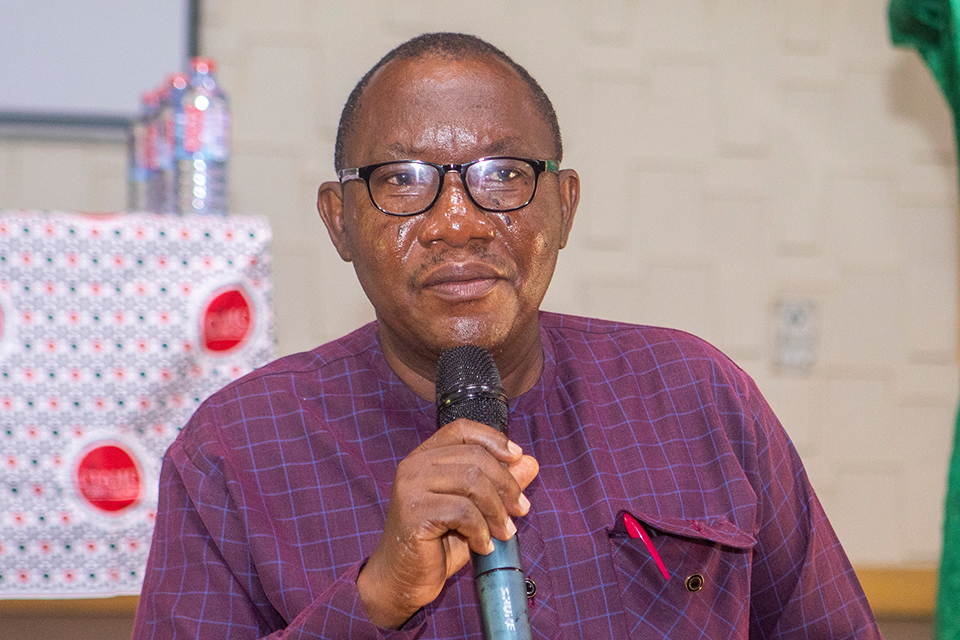
The programme was chaired by Mr. Reginald Sitsofe Kweku Agbo, Deputy Registrar and Manager of Ghartey Hall, who emphasised the critical role of ethical leadership and professional development in ensuring smooth transitions. “Our efforts at professional development must go beyond ticking regulatory boxes—they must be sustainable, strategic and impactful,” he urged.
He reinforced the importance of continuous training, ethical standards, teamwork and clear communication in ensuring effective transition management. “Transition is perpetual. Our ability to manage change responsibly will determine our growth as institutions and as a nation,” he remarked.
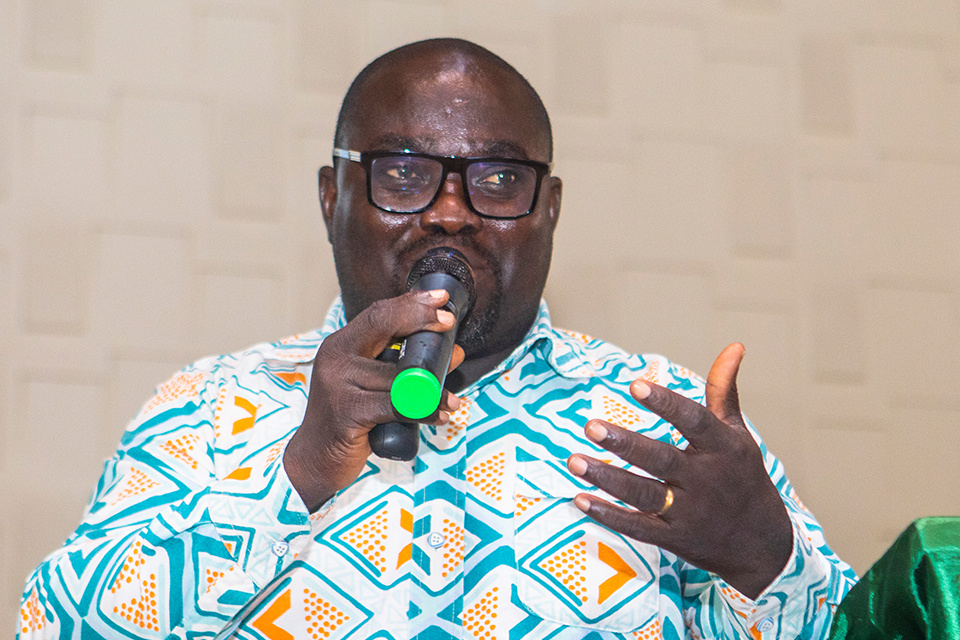
Delivering a keynote presentation, Dr. Thomas Prehi Botchway, a Senior Lecturer at the Department of Political Science Education, UEW, led participants through an intellectually riveting journey, charting Ghana’s turbulent and transformative transition history—from pre-independence to the present Fourth Republic. His lecture captured major milestones, including the transitions through multiple military regimes, the shift to constitutional democracy and the evolving governance frameworks.
Dr. Botchway introduced participants to theoretical models like the CAST (Champions, Agents, Sponsors and Targets) framework and the “Four Ps” of transition management—Purpose, Picture, Plan and Part—which he recommended for managing institutional change efficiently.
Reflecting on Ghana’s political landscape, he noted, “The transitions from Rawlings to Kufuor, Kufuor to Mills and Mahama to Akufo-Addo stand as beacons of democratic resilience in Africa.” However, he also pointed out persistent challenges such as political polarisation, the “winner-takes-all” syndrome, and weak institutional memory.
On the corporate front, Dr. Botchway identified gains including the development of robust legal and governance frameworks, increased accountability and a rise in local enterprise competitiveness. He further highlighted emerging threats such as poor succession planning, low innovation capacity and limited digital infrastructure.
Looking forward, he advocated for institutionalising non-partisan national development agendas, forming shadow governments, investing in leadership development and leveraging technology for transparent transitions.
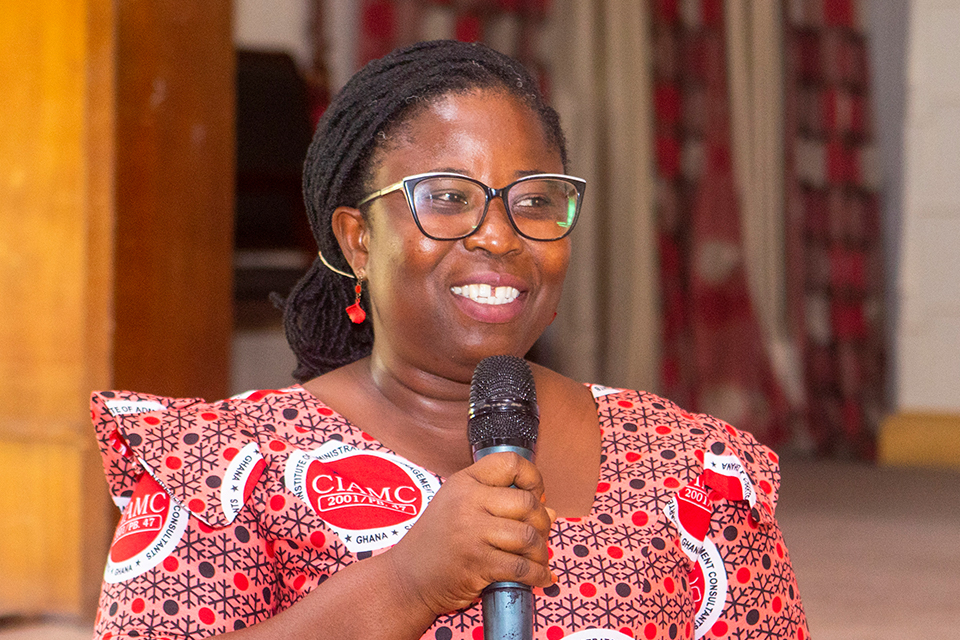
Ms. Patricia Kaitoo, President of the CIAMC UEW Branch, welcomed participants, emphasising the timeliness of the seminar’s theme. “Understanding the dynamics of transition—whether in politics or corporate governance—requires foresight, strategy and integrity,” she said.
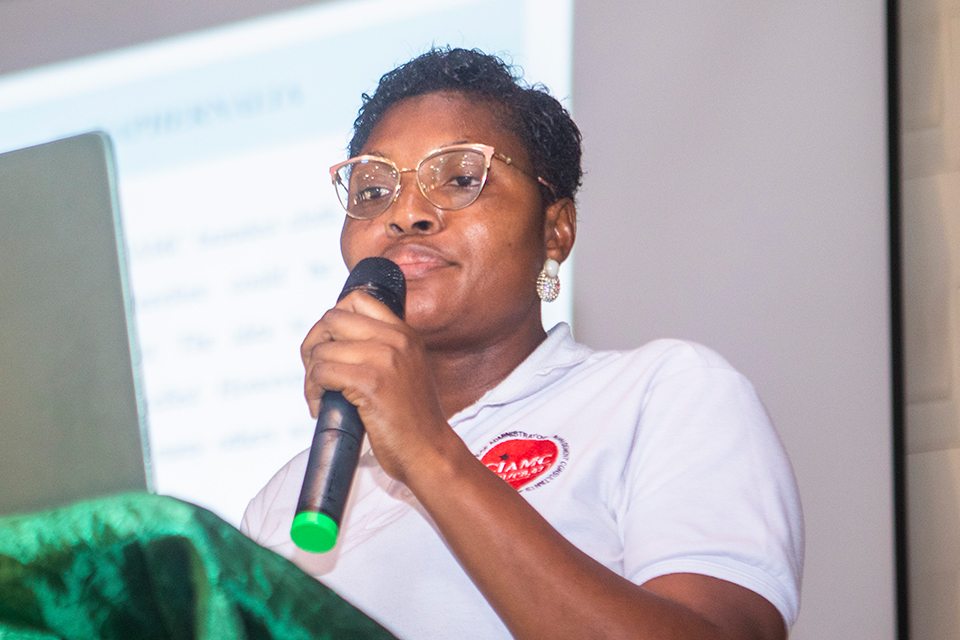
As part of the day’s agenda, the 25th anniversary of the CIAMC was previewed by Ms. Gifty Adekpuigah, who shared highlights of upcoming events, including a professional development conference in Tamale, community engagement projects, cultural heritage showcases and international study tours to Cape Town, Dubai, Malaysia and more.
UEW reaffirms its role not only as a leader in educational excellence but also as a thought leader in governance and institutional development by hosting this rich academic and professional engagement. The university continues to position itself at the forefront of national transformation, empowering professionals to navigate change with competence, integrity and foresight.









